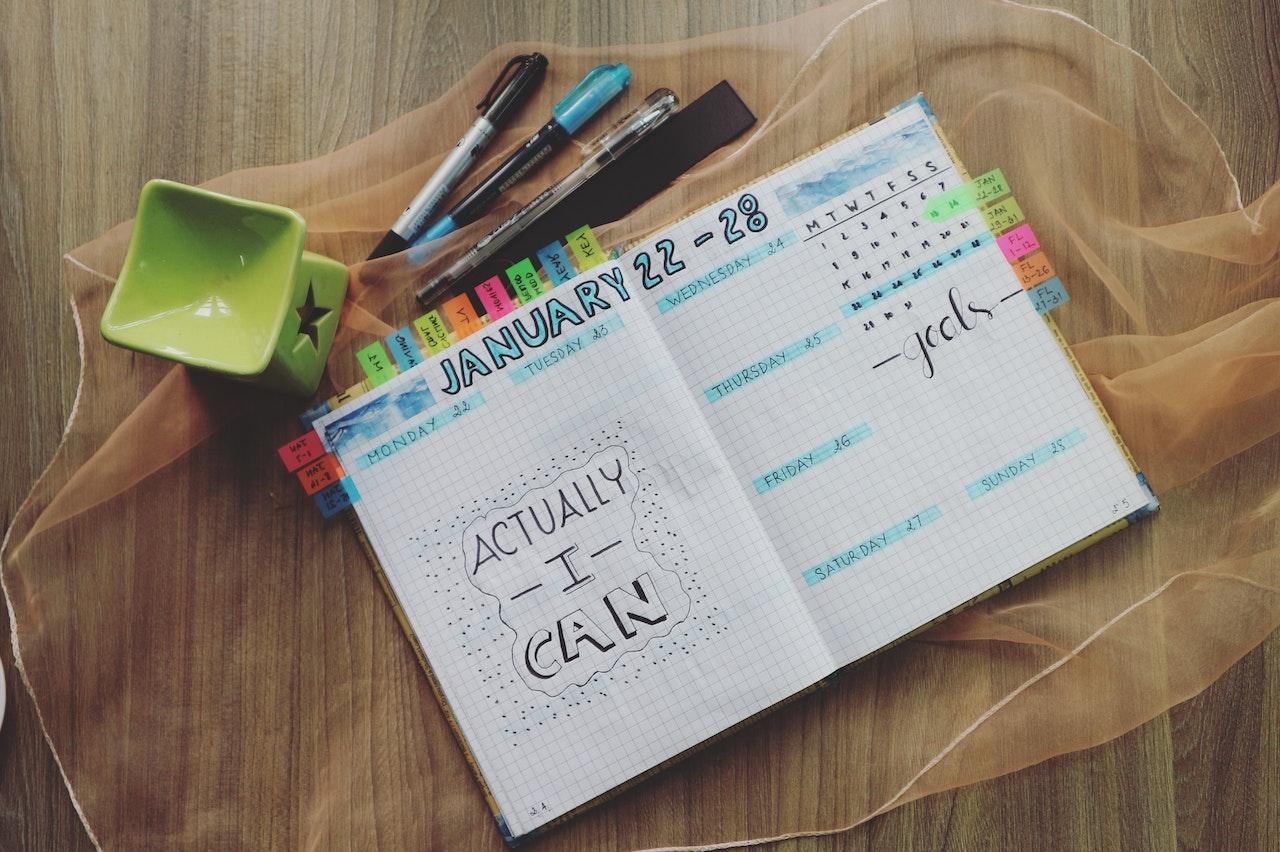Everything you need to know about Journaling
Curated from: thebodotribe.blogspot.com
Ideas, facts & insights covering these topics:
10 ideas
·5.04K reads
82
1
Explore the World's Best Ideas
Join today and uncover 100+ curated journeys from 50+ topics. Unlock access to our mobile app with extensive features.
What is Journaling?
Journaling is the practice of keeping a written record of your thoughts, feelings, and experiences on a regular basis. It involves writing down your innermost thoughts and emotions, either in a physical notebook or a digital platform, as a way to process your feelings and gain insights into yourself.
58
666 reads
There are many different approaches to journaling, and it can be done in various ways such as free-writing, bullet journaling, gratitude journaling, or specific prompts. The goal of journaling is to create a safe and private space to explore your thoughts and emotions, and to build self-awareness and emotional resilience.
56
627 reads
What are the benefits of Journaling?
1. Reducing stress and anxiety: Journaling can help you identify and process your emotions, which can reduce feelings of stress and anxiety.
2. Improving mood: Reflecting on positive experiences and emotions can help individuals cultivate a more positive outlook and improve their mood.
3. Enhancing creativity: Journaling can help you tap into your creative side by providing a space to explore new ideas, thoughts, and feelings.
56
586 reads
4. Building self-awareness: By reflecting on your thoughts and experiences, you can gain a better understanding of yourself and your values, which can lead to personal growth.
5. Boosting self-esteem: Celebrating your accomplishments and writing about your strengths and positive qualities can help build self-esteem and confidence.
53
498 reads
Types of Journaling
Free-Writing: In this type of journaling, you simply write down whatever comes to mind without worrying about grammar or structure. This can be a helpful way to release pent-up emotions and thoughts.
Gratitude Journaling: This type of journaling involves writing down things you are grateful for each day, which can help you cultivate a more positive outlook and focus on the good in your life.
Reflective Journaling: This type of journaling involves reflecting on your experiences and emotions, and can help you gain insight into your thoughts and behaviors.
58
468 reads
Bullet Journaling: This type of journaling involves creating lists, tracking habits and goals, and using symbols to organize information. It can be a helpful way to stay organized and focused.
Travel Journaling: This type of journaling involves documenting your experiences and observations while traveling, and can be a way to preserve memories and reflect on cultural differences.
56
455 reads
How to Start Journaling
1. Choose a journal: Consider what type of journal you prefer (physical or digital) and what kind of journaling you want to do. There are many journals available on the market with different features, prompts, and designs.
2. Set aside time: Choose a regular time each day or week to journal, and make it a consistent habit. This could be first thing in the morning, at lunchtime, or before bed.
54
441 reads
3. Decide on your journaling style: Choose a type of journaling that resonates with you, whether it's free-writing, gratitude journaling, or another style. You can also experiment with different styles to find what works best for you.
4. Write regularly: Aim to write regularly, even if it's just a few sentences or a brief note. This will help you build a habit and make journaling a part of your routine.
55
426 reads
Conclusion
And finally, Journaling can be a powerful tool for improving mental health and well-being. By providing a safe and non-judgemental space to process emotions and experiences, journaling can help individuals reduce stress and anxiety, improve mood, increase self-awareness, and develop resilience and coping skills. To get the most out of journaling, make it a consistent habit, write without judgement, and choose a journaling style that resonates with you.
57
436 reads
IDEAS CURATED BY
Maophung Gwra's ideas are part of this journey:
Learn more about writing with this collection
Effective note-taking techniques
Test-taking strategies
How to create a study schedule
Related collections
Similar ideas
1 idea
Surviving Chaos: 12 Simple Strategies to Boost Your Mental Health!
crazyfitnessguy.com
13 ideas
How to Build a Daily Personal Journaling Habit
developgoodhabits.com
4 ideas
Journaling Tips to Help You Heal, Grow and Thrive
tinybuddha.com
Read & Learn
20x Faster
without
deepstash
with
deepstash
with
deepstash
Personalized microlearning
—
100+ Learning Journeys
—
Access to 200,000+ ideas
—
Access to the mobile app
—
Unlimited idea saving
—
—
Unlimited history
—
—
Unlimited listening to ideas
—
—
Downloading & offline access
—
—
Supercharge your mind with one idea per day
Enter your email and spend 1 minute every day to learn something new.
I agree to receive email updates



